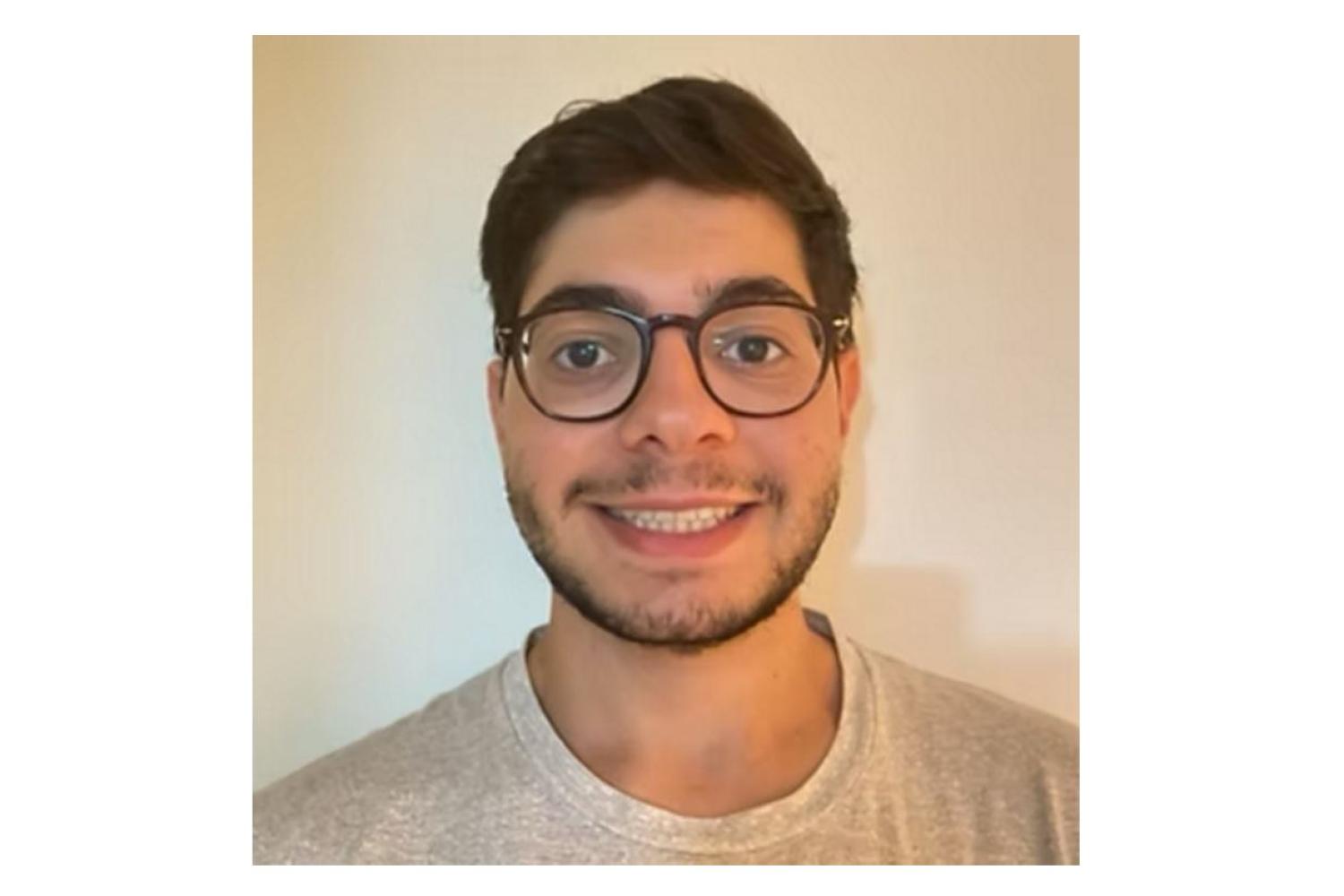Annabelle Paradise ('25), an Earth and Environmental Science major, traveled to Norway and Lithuania to conduct research on subsea critical energy infrastructure security. Annabelle was mentored by Dr. Benjamin Schmitt (Department of Physics and Astronomy, Kleinman Center for Energy Policy) and this project was supported by the College Alumni Society Undergraduate Research Grant.
My interest in energy geopolitics was sparked in a graduate class on Energy Geopolitics in Eurasia with the incredible Dr. Mikulska, which I was taking when the invasion of Ukraine began. I had always been interested in energy from a scientific perspective, but learning about the highly complex, interdisciplinary nature of energy resources and politics opened my eyes to different aspects of the sector. I learned how it is impossible to separate energy sources and infrastructure without considering the strategic value of these assets and the ways in which they have historically been—and continue to be—leveraged or threatened. I continued to explore energy geopolitics as a Kleinman Energy Fellow. I developed an interest in the crossover between science and diplomacy—a highly stimulating space that perfectly blended my interest in both Environmental Sciences and International Relations. A class I took with my wonderful mentor, Dr. Benjamin Schmitt provided a rigorous foundation in all things related to the security of energy across the world and inspired me to undertake my own research.
I investigated how the remote sensing community could be leveraged to enhance protection and security of subsea energy power systems from damage or sabotage. I visited different countries to see how stakeholders in the scientific earth observation, national energy, intelligence, naval and public communities were interacting and whether they were optimizing open-source information sharing that might aid in the deterrence of attacks on subsea energy systems. I traveled to Tromso, Norway to engage with private satellite stakeholders to learn about the technology and services they offered. I also traveled to Vilnius, Lithuania to speak to key energy ministers and security experts to learn about how stakeholder interactions vary across the region and to learn about the specific problems of Baltic energy dependence.
One of the best parts about the research was the connections I made. I collaborated with Amelia Pilot, a wonderful friend and student in the engineering department with a specialty in energy. I learned so much from her while interviewing people, as she asked engineering-specific questions related to energy infrastructure and security, and I hope she learned some things from me too when we focused more on the national security or geopolitical significance of energy. Another great part of the process was learning from my mentor. Dr. Schmitt has a truly impressive background and was open-minded to ideas, questions, and proposals. I feel very lucky to have had him as a mentor throughout the process—the speakers he introduced us to and the connections he made for us (including awesome Norwegian researchers!) were invaluable.
At first, I found the concept of spearheading my own research overwhelming. However, when traveling in Lithuania and Norway, I was excited when energy experts told me about the value of my research, and even asked me to share my final results. The generosity of these people with their time and information surprised me, and their willingness to continue collaborating even after the in-country research was done was unexpected. It boosted my confidence in carrying out my own research in the future, as well as my ability to foster connections with others in an academic setting.
Interested in reading more first-hand accounts about undergraduate research? Check out the other experiences featured on our Student News Page and Social Media!
Related Articles
My Most Rewarding Academic Experience
Manya Gupta ('25), a Political Science and Economics double major, conducted research on why many Indian households still cook with firewood despite receiving free liquified petroleum gas under government programs. Manya was mentored by Dr. Tariq Thachill (Department of Political Science) and this project was supported by the College Alumni Society Undergraduate Research Grant. Her thesis won one of three university-wide Phi Beta Kappa Best Thesis Awards, shared the Leo S. Rowe Prize for best thesis in comparative politics and international relations, and won the Holden Furber Prize for best undergraduate essay related to South Asia.